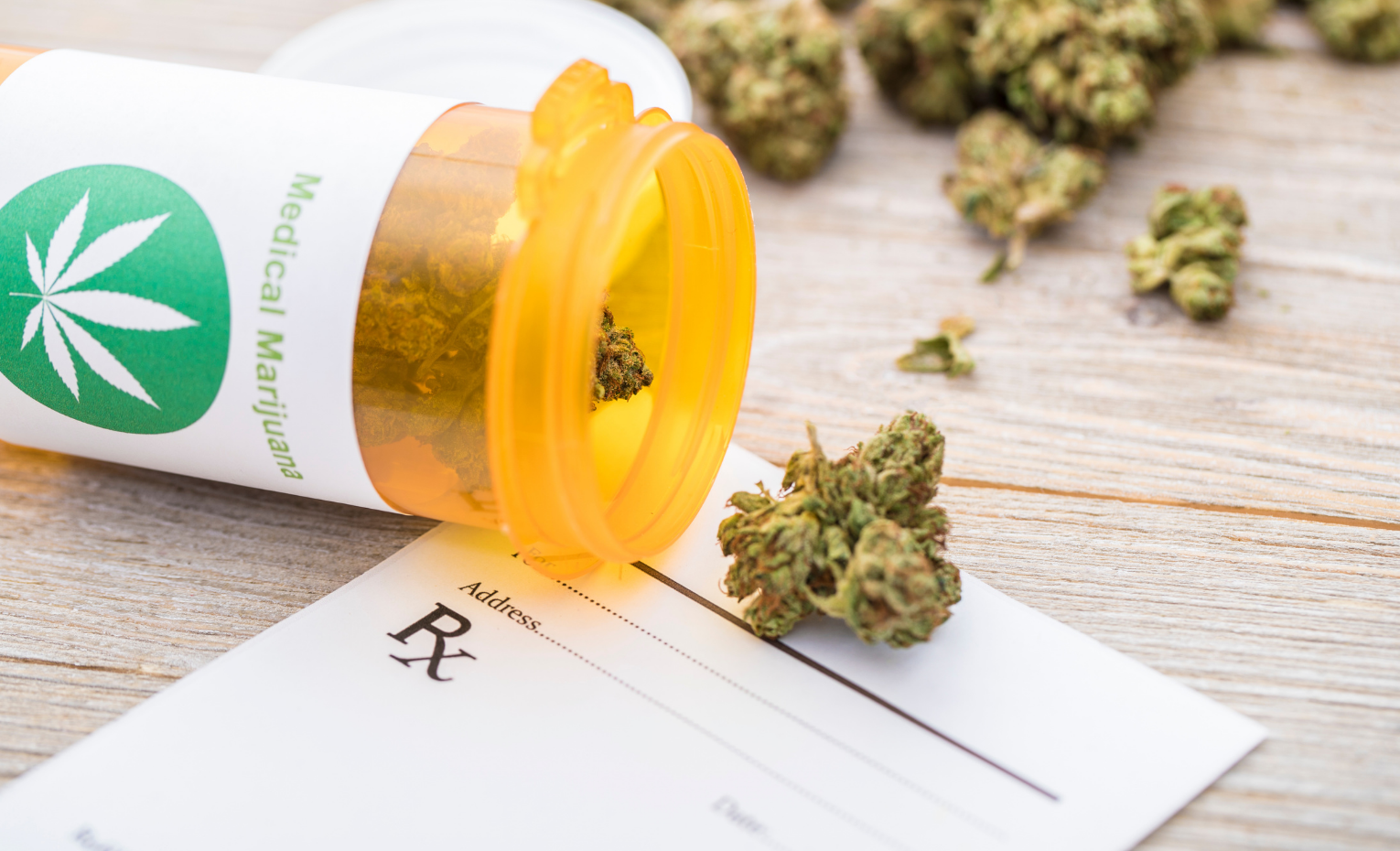If you’re looking to obtain a medical marijuana card to alleviate pain, anxiety, or depressive symptoms, look elsewhere as a new study published in JAMA Network Open finds that obtaining a medical marijuana card led not only to NO significant improvements in these conditions, but to fast onset, greater, and more severe cases of cannabis use disorder (CUD). In this study, researchers conducted a randomized clinical trial to determine the benefits and risks of obtaining a medical marijuana card for primary complaints of pain, insomnia, and depressive or anxiety symptoms. Adults who sought medical marijuana for these conditions were randomized into one of two groups: an immediate acquisition group allowing participants to immediately obtain a medical marijuana card or a delayed acquisition card group in which participants were asked to delay acquiring a medical marijuana card for 12 weeks.
Over this 12-week period, participants in the immediate card acquisition group reported significant increases in marijuana use, developed a higher number of CUD symptoms, diagnosed with a higher severity of CUD, and their odds of developing a CUD was 2.88 fold greater than the participants in the delayed acquisition group. The development of CUD was more profound for participants with primary concern of depressive or anxiety symptoms (28.3% in the immediate acquisition card group developing CUD compared to 10.8% in the delayed acquisition card group). No significant improvements were reported for pain, depressive, or anxiety symptoms, however, they did report experiencing fewer insomnia symptoms than the participants in the delayed acquisition group.
The rapid development of CUD in this short time period of 12 weeks with no reported improvements in pain, anxiety, or depressive symptoms deserves special attention considering marijuana is heavily touted as a treatment for such conditions and misconceived as being harmless. Using the phrase “medical marijuana” and categorizing marijuana as medicine is dangerous and jeopardizes health as this gives a false impression that medical marijuana is somehow safe and different when research continuously finds the opposite.
Reference: doi:10.1001/jamanetworkopen.2022.2106






